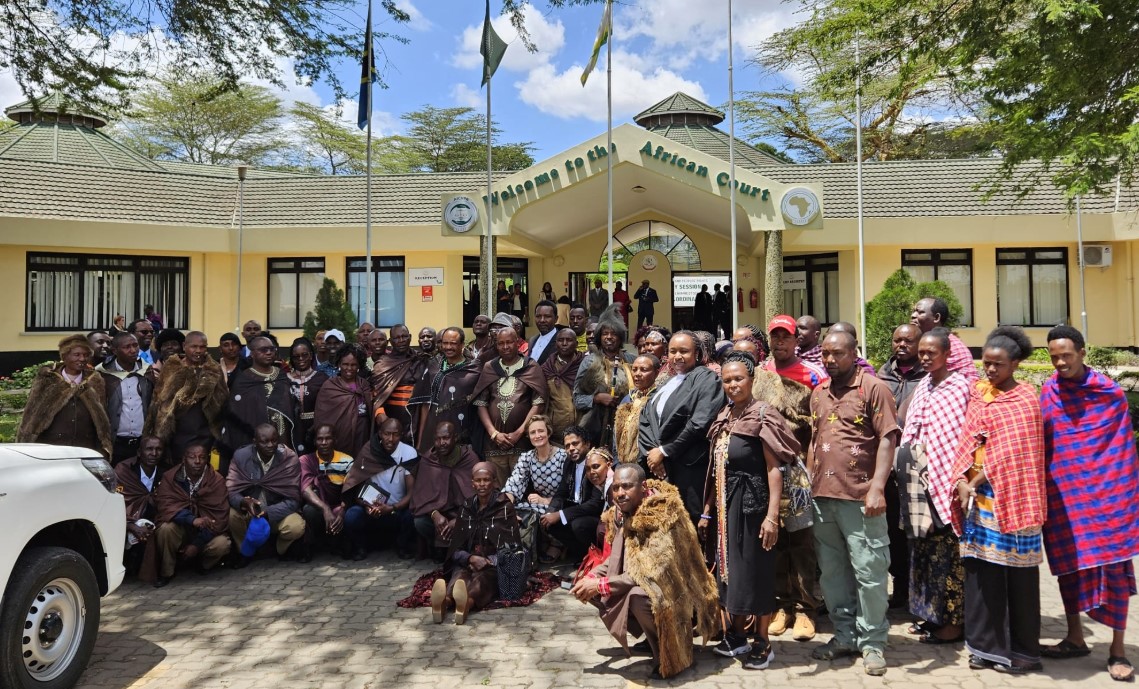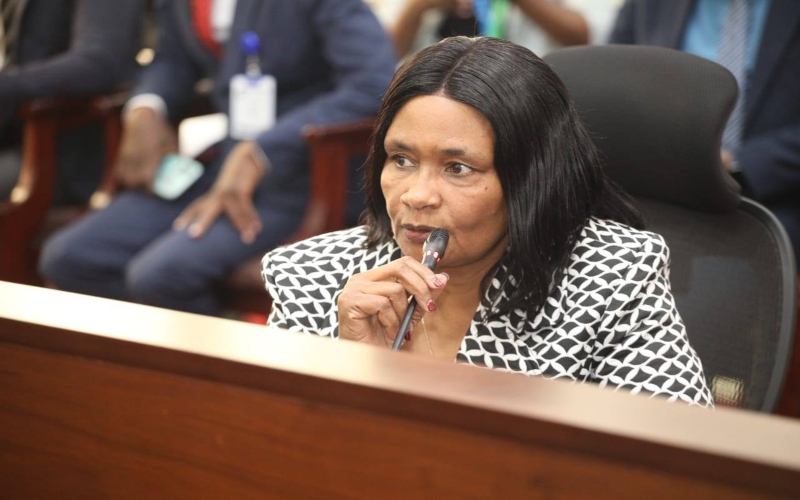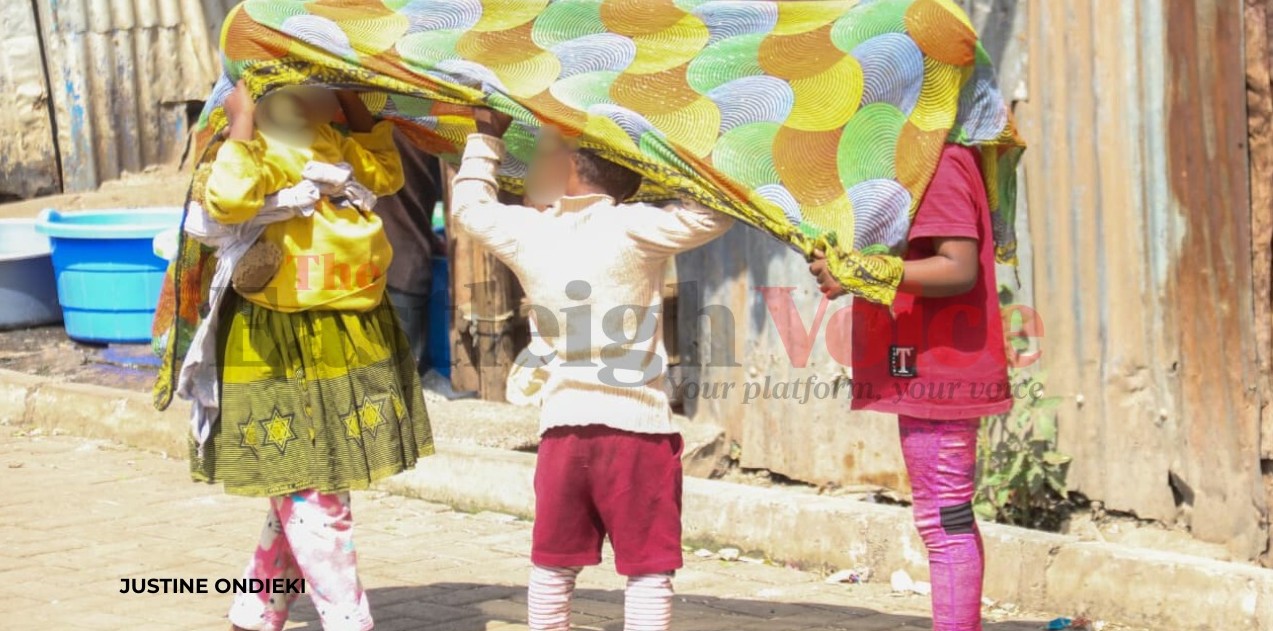Kenya given new deadline to report on Ogiek land dispute compliance

The court’s original orders mandated dialogue and consultations between the Kenyan government and the Ogiek to resolve disputes over land use.
The African Court on Human and People's Rights has granted Kenyan authorities an additional three months to report on their compliance with landmark orders favouring the Ogiek community regarding their ancestral land in the Mau Forest.
The Kenyan government requested more time to finalise its report during a compliance hearing on November 12 in Arusha, which led to this decision.
More To Read
- National Land Commission directs State to conclude Ogiek resettlement
- Mali’s Justice Modibo Sacko elected president of African Court on Human and Peoples' Rights
- African Human Rights Court to elect new leaders on June 2
- At least 13,500 families to receive compensation after Mau Forest evictions
- Activists, organisations to petition African Court over climate change, human rights
- Attacks on people with albinism in Tanzania: African court holds government responsible – Why it matters
The latest extension adds to an already significant delay; the initial 12-month deadline, set in June 2022, expired in June 2023.
The orders issued in the reparations ruling demanded comprehensive measures, including recognising Ogiek's indigenous rights, granting access to Mau Forest, and establishing a development fund to support the community.
The Ogiek, an indigenous community with deep ties to the Mau Forest, has fought for years against state-initiated evictions from their ancestral lands. In a ground-breaking judgement in May 2017, the African Court found Kenya guilty of violating several provisions of the African Charter on Human and Peoples' Rights. The ruling underscored the denial of the Ogiek's rights to land, culture, and self-determination.
Land demarcation and titling
In June 2022, the reparations ruling directed the Kenyan government to implement various actions, including demarcating and titling Ogiek land, initiating consultations for benefit-sharing arrangements, and establishing a community development fund to address critical areas like health, education, and food security.
The recent hearing marked the first application of Rule 81 of the African Court's updated (2020) Rules on Procedures for Monitoring Compliance with Decisions. The African Court introduced this mechanism to address a longstanding weakness in ensuring states adhere to court rulings.
While the Kenyan government sought an adjournment, citing the need for more time to prepare its compliance report, the legal team representing the Ogiek strongly opposed the delay.
“It’s deeply troubling that even as the court deliberates, members of the Ogiek community continue to face evictions and violations of their rights. Every delay exacerbates their suffering and undermines the essence of justice,” said a lawyer representing the Ogiek.
The African Court reserved its decision on objections raised by the Ogiek's legal team, indicating that further deliberations would follow.
The court’s original orders mandated dialogue and consultations between the Kenyan government and the Ogiek to resolve disputes over land use.
Specific measures included provisions to return ancestral lands allocated to third parties or agree on fair compensation.
Furthermore, the government received instructions to implement legislative and administrative measures that guarantee the full recognition of the Ogiek's cultural, linguistic, and religious practices.
Despite these directives, the Ogiek allege that little has been done.
Reports of ongoing evictions and failure to establish the mandated development fund have heightened concerns among human rights groups.
Top Stories Today












































